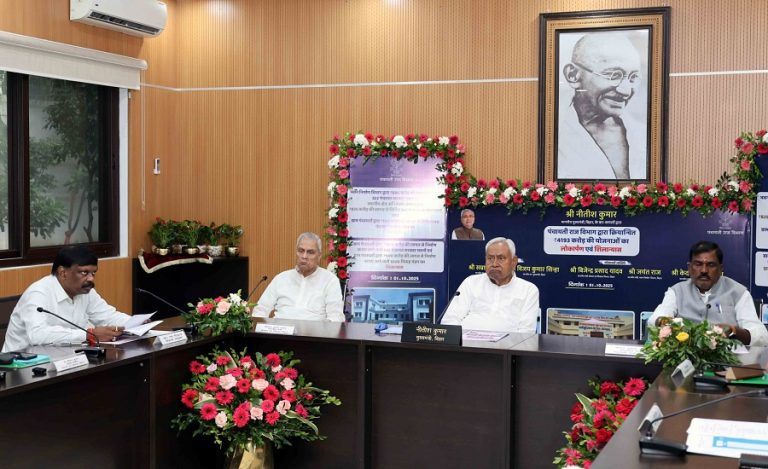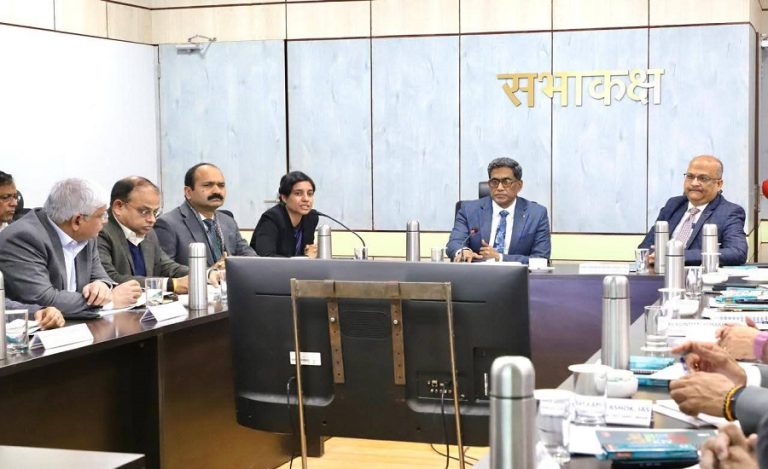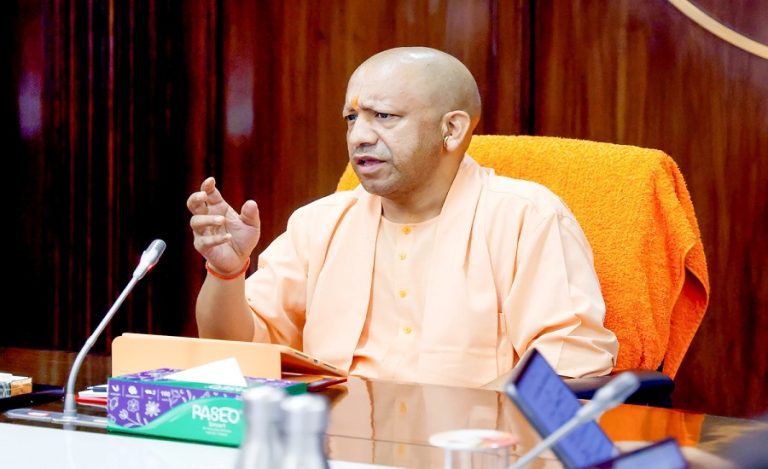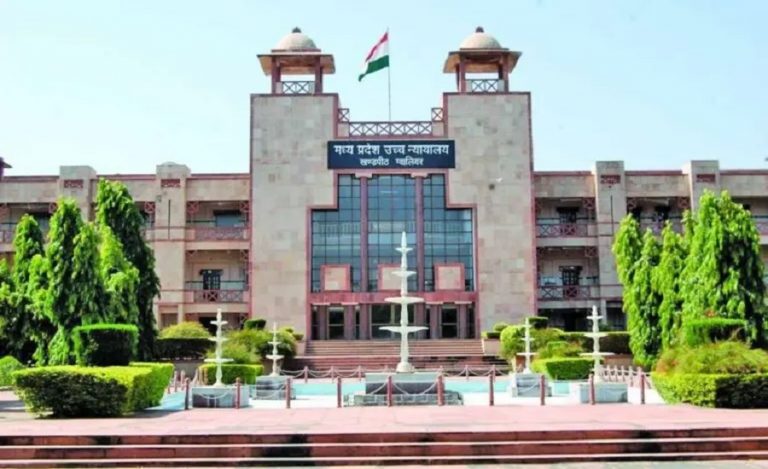New Delhi: The Supreme Court has taken suo motu cognisance of the hardships faced by cadets who suffered disabilities during training at premier defence academies like the National Defence Academy (NDA) and the Indian Military Academy (IMA). These cadets, discharged on medical grounds, are left without ex-servicemen status or healthcare benefits, forcing them to rely on limited ex-gratia payments.
A Bench of Justices B.V. Nagarathna and R. Mahadevan will hear the case on Monday. The matter was registered on August 12 following a media report that brought the issue into focus.
Report Exposes Widespread Neglect
The report revealed that nearly 500 officer cadets have been discharged from training institutes since 1985 due to varying degrees of disability. Most now struggle with “endless medical bills” while depending on meagre ex-gratia support.
The situation at the NDA is particularly alarming, with “around 20 cadets medically discharged between 2021 and July 2025 alone,” the report stated.
Despite their injuries being sustained during rigorous training, these cadets are denied ex-servicemen (ESM) status. Without it, they cannot access the Ex-Servicemen Contributory Health Scheme (ECHS), which provides free treatment at military and empanelled hospitals.
Also Read: Supreme Court Questions NHAI’s Toll Collection Amid Neglected Paliyekkara Highway and Traffic Jams
Systemic Gap Leaves Cadets Vulnerable
According to the report, soldiers who suffer disabilities while in active service are recognised as ex-servicemen and granted full benefits, including medical coverage. Cadets, however, remain outside this framework because their injuries occurred “before they were officially commissioned.”
As a result, their only support comes in the form of ex-gratia payments. Depending on the disability level, this amount “can go up to ₹40,000 per month.” However, the report stressed that the sum is “not enough to even cover basic living costs, let alone lifelong medical expenses.”
Court Intervention Brings Renewed Hope
The Supreme Court noted the serious nature of the issue, observing that these young men, who had committed themselves to serve the nation, are now left to struggle alone. The suo motu action has raised expectations among hundreds of affected cadets that the legal framework may finally change in their favour.
The case will now examine whether rules must be amended to grant disabled cadets ex-servicemen status, thereby ensuring access to proper healthcare and lifelong support.




























